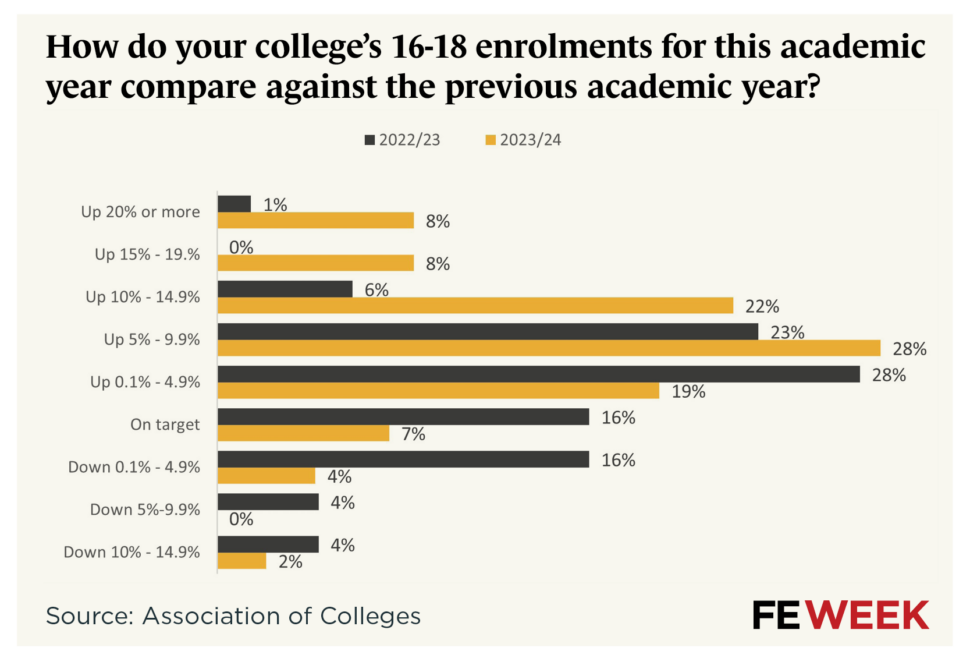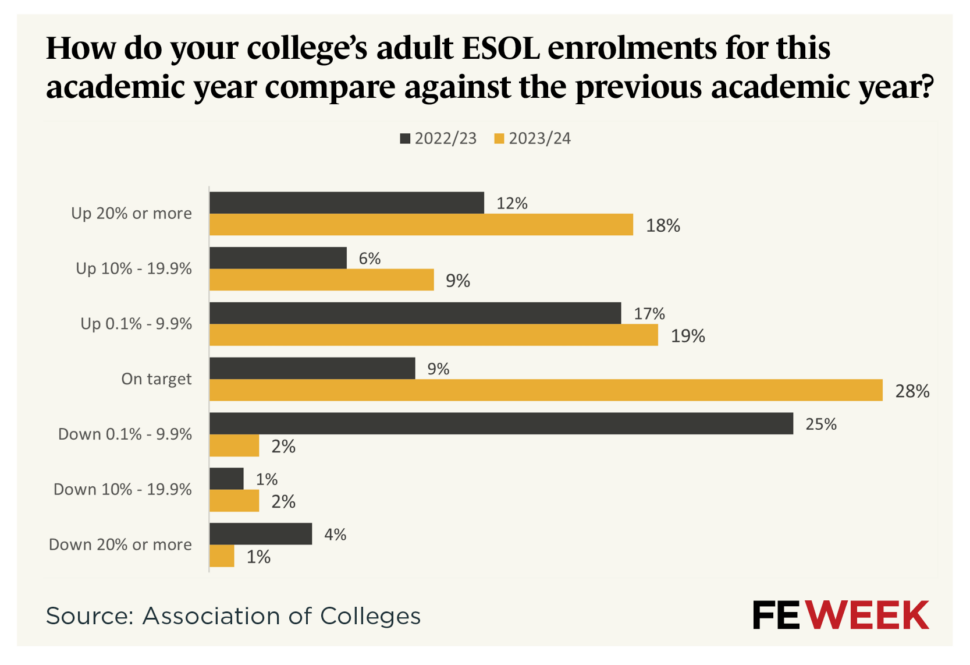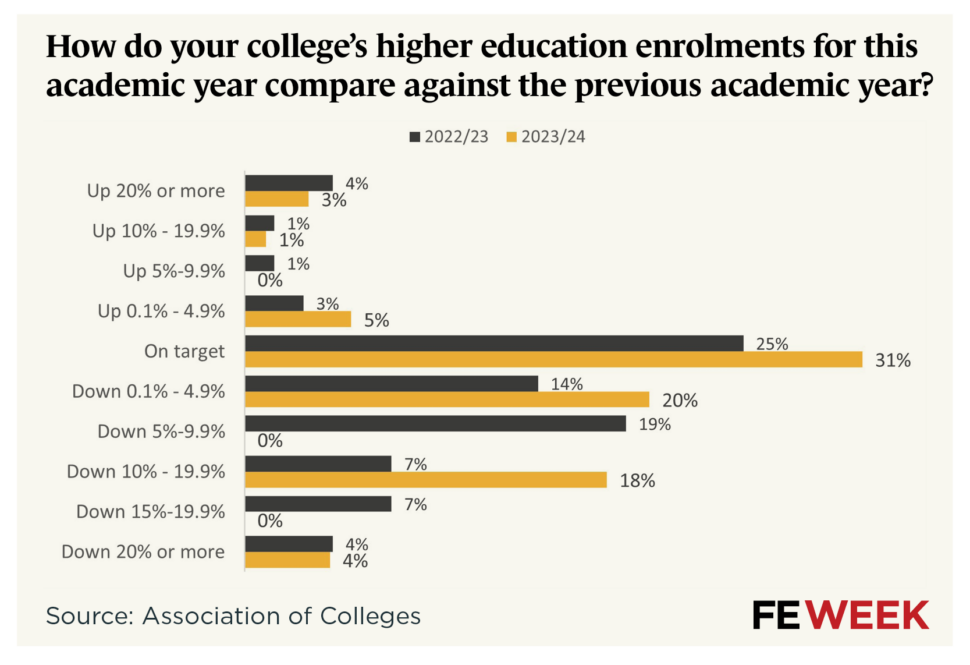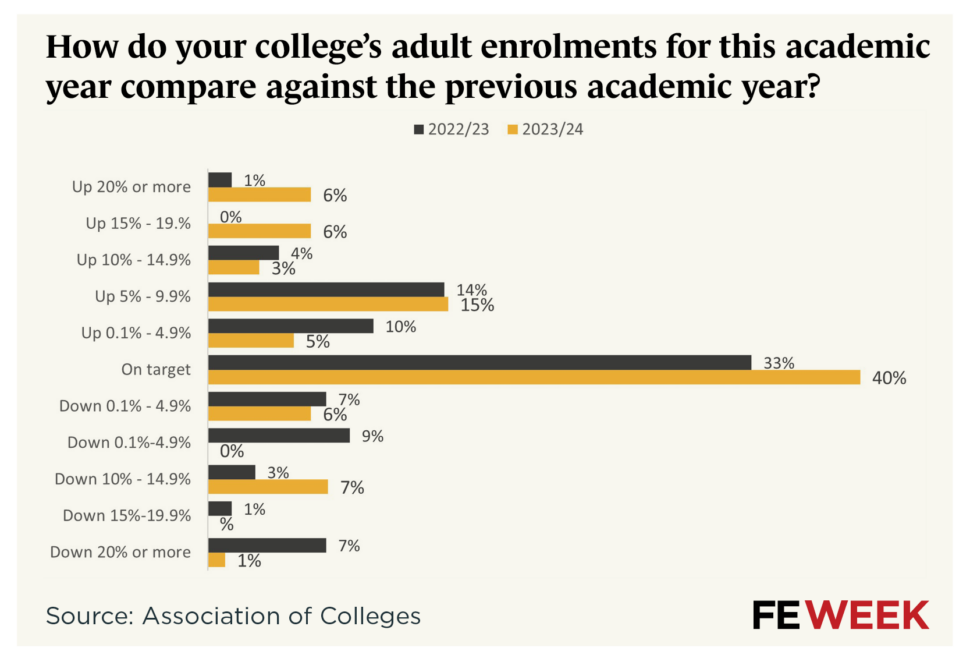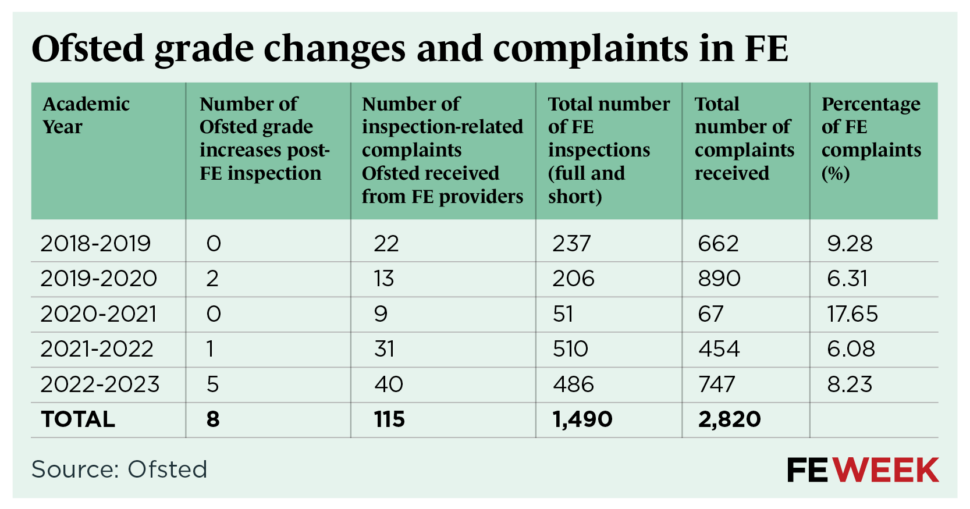The Education and Training Foundation has appointed Sir Frank McLoughlin as its next chair.
McLoughlin will return to the FE sector body in January having previously been its associate director for leadership where he spearheaded the launch of its training programme for principals and CEOs in 2017.
The former City and Islington College principal’s association with the foundation goes even further back.
McLoughlin chaired the Commission on Adult Vocational Teaching and Learning, which launched a report in March 2013. The then-fledgling Education and Training Foundation was tasked with seeing through some of McLoughlin’s recommendations.
He re-joins ETF as the organisation plans to launch a new strategy and mark it’s 10-year anniversary, which he described as its “second phase of development.”
“I am delighted to have been appointed as the new chair of the ETF to help steer the organisation through its second phase of development. The ETF has a critical role in supporting the FE and Skills workforce to strengthen the UK in facing the challenges of an increasingly complex and volatile global economy,” McLoughlin said.
Knighted in the late Queen’s 2015 birthday honours list for services to further education, McLoughlin currently sits on the advisory board of the Education Endowment Foundation, is an associate fellow at Saïd Business School and is a companion of the Chartered Management Institute.
He succeeds Peter Latchford who is stepping down at the end of December after four years in the chair.
“Our focus with recruiting a new chair was on placing the further education and skills sector at the heart of the organisation, with someone who understands first-hand the challenges and opportunities within this vibrant ecosystem, who is a role model for professionalism, who champions inclusion and who can authentically engage with stakeholders at all levels to enable sector change. I am confident that Sir Frank will make a huge contribution to the future success of the organisation,” Latchford said.
The ETF said their upcoming strategy will “set a bold new ambition for the charity to drive professionalism” and “set out how the charity will continue to support everyone working in the sector by championing the vital role of educators and leaders in transforming the lives of learners aged 14 and over.”
Katerina Kolyva, chief executive of the ETF, said she was “thrilled with Sir Frank’s appointment.”
“His passion for a professional and inclusive FE and skills sector, and the transformational opportunities it offers to all who work and learn within it, combined with his extensive experience, knowledge and understanding of the sector will be a great asset in steering the ETF so it can continue to successfully support the sector,” she said.




